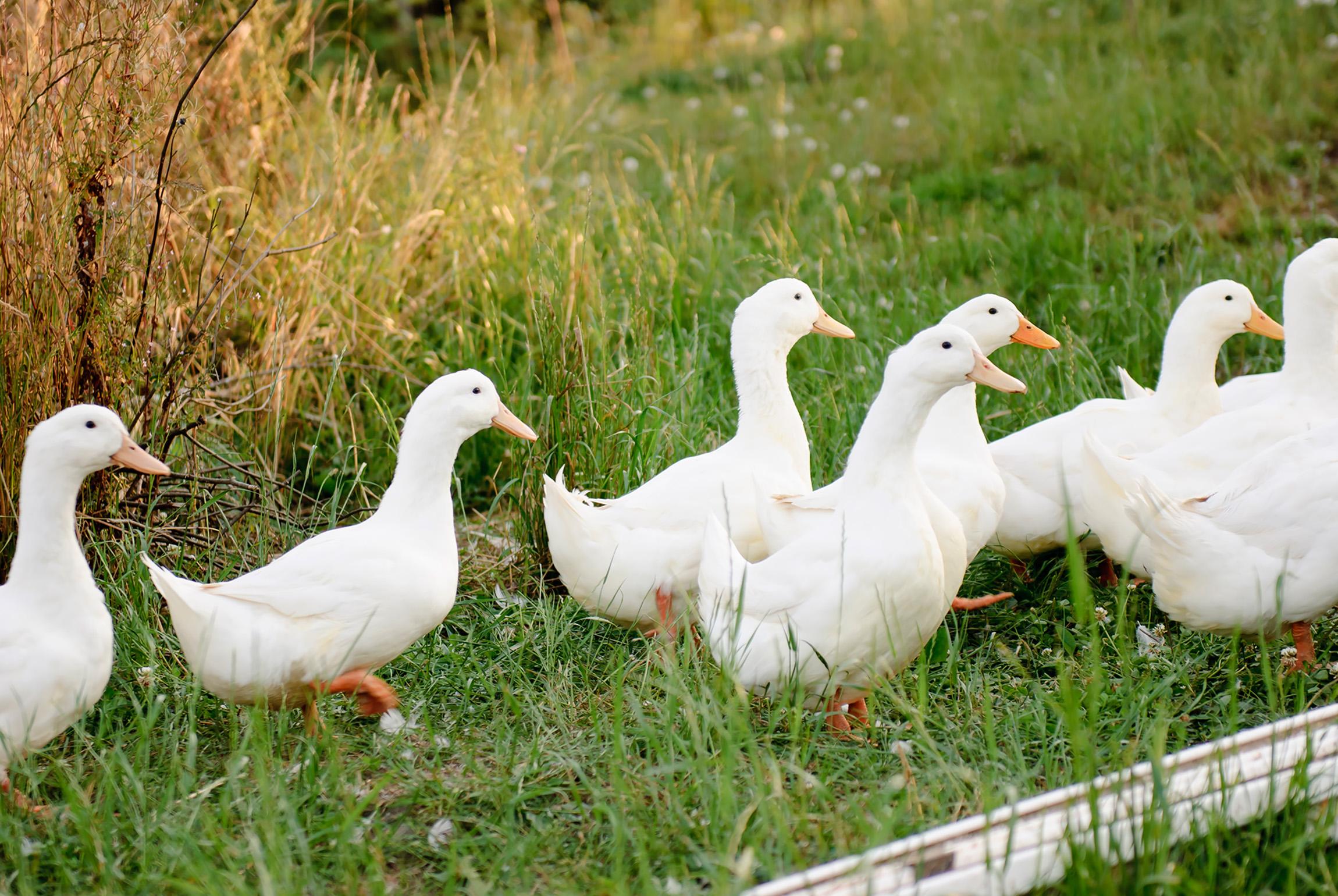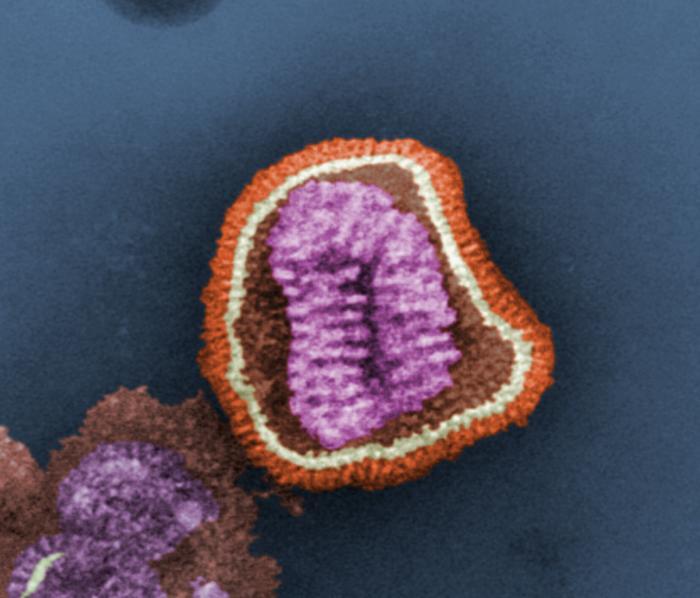Our group
The Avian Virology group is newly established and whilst the focus is avian influenza it complements and synergises with the work of the Avian Influenza and Newcastle Disease research group, reflecting the increasing global importance of high pathogenicity avian influenza in a wide range of hosts.
Our aims
The aim of our work is to understand and predict changes in avian influenza viruses that contribute to the continuing and evolving threat these viruses primarily present to poultry and wild birds.
We seek to identify the key hosts and drivers of virus evolution and how we can best support disease/threat mitigation through improved prevention and interventions.
Our research
Our current research focuses on three main areas:
- Understanding the host-pathogen interface and identifying factors that shape changes in disease epidemiology, influence virus selection and emergence of the next epidemic strains of high pathogenicity avian influenza. Through science collaboration we are assessing the impacts of these changes and threats to inform improved interventions with greater knowledge of risk pathways for spread of infection.
- Identifying the role of the duck in shaping virus evolution, genetic diversity and emergence. We are researching how high pathogenicity avian influenza viruses establish stable sub-lineages of high fitness that can escape population immunity and spread within and between host populations.
- Using genetic and phenotypic methodologies to design and test broadly protective vaccine H5 antigens that can contribute to improved vaccines with utility against the broad antigenic diversity of contemporaneously circulating viruses in avian populations.
Our impact
Our research is dynamic and reactive directly addressing the uncertainties of how viruses evolve, persist and spread within and between populations. It responds to changes in epidemiology of the disease and emergence of new strains.
Knowledge gained from our research has global relevance and is used to provide a science evidence base to a wide range of stakeholders concerned with improved animal and welfare together with disease mitigation and prevention.
Our data has been used to shape and inform disease control policy by government at national and international scale whilst informing those in poultry production chains how to better protect their birds from disease.
Reduction of threat requires global solutions for reduction of disease burden and our work on understanding, potentially predicting virus emergence will help shape improved veterinary vaccines.
The research has and will continue to contribute to a broader understanding of risk in a One Health context. We attach high importance to open and fast communication of our science.



